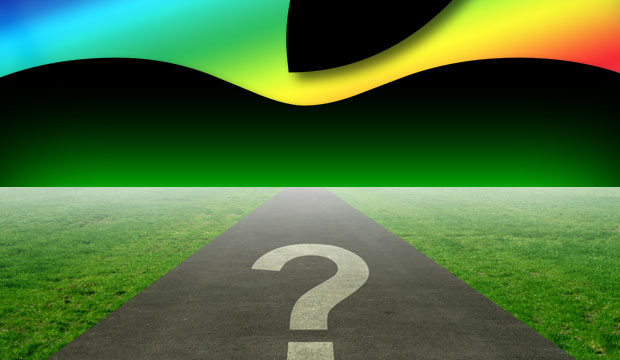Odds appear good that Apple will be joining Amazon and Google in the smart speaker competition with a Siri-powered device it plans to introduce at its World Wide Developers Conference next month, according to MacRumors, which cited a report by Ming-Chi Kuo of KGI Securities.
The new home-AI product will have excellent acoustics with one woofer and seven tweeters, and the processing power of an iPhone 6, Kuo wrote. Its price tag likely will be higher than Amazon’s Echo, which sells for US$179.
Rumors of an Apple speaker have been floating around for some time: The Information reported that Apple was preparing an Echo competitor a year ago, and Bloomberg last September reported that Apple had begun testing a prototype of the device.
The speaker may have a camera, which could be used for facial recognition. It likely will control other devices — locks, lights, appliances, curtains and such — by voice commands issued through Siri.
Battle for the Home
Entry into the smart speaker market makes sense for a company with smart home aspirations.
“As the success of Echo and Google Home took off, everyone expected Apple to follow suit,” said Brad Russell, a research analyst with Parks Associates.
Battle lines are being drawn over who will have the dominant voice technology in the home.
“Consumers have really responded to voice control, and the Echo has accelerated that,” Russell told TechNewsWorld.
“It’s pretty much accepted now that voice is the interface of the future,” he said. “It makes adoption of devices much more frictionless, because you don’t have to learn a different user interface for every product.”
Apple already has a voice beachhead in the home with Apple TV.
“What it doesn’t have is a central standup device like Google or Amazon,” observed Jonathan Collins, a research director for ABI Research.
“Those devices have proven to be popular, and they provide a key focus and key introduction to the smart home,” he told TechNewsWorld.
Tough Competition
The Apple speaker is likely to have great sound output, but sound won’t be the only feature to justify the premium price the company likely will charge for the product.
“It will probably be an important of part Apple HomeKit so they can link it to other smart home devices,” said Kevin Krewell, a principal analyst with Tirias Research.
“One of the uses of these smart speakers is for home automation control,” he told TechNewsWorld. “This would be an opportunity for Apple to attach a voice-based device to HomeKit.”
However, Siri will find it difficult to challenge some of the players already entrenched in the market.
“I don’t see it as a great competitor to Google Home, which has a tie-in to Google’s deep knowledge base,” Krewell said.
Amazon’s Echo, with its Alexa voice assistant, also will pose strong competition, largely because of its growing partner network.
“Alexa has led the way in third-party integration,” said Ross Rubin, the principal analyst with Reticle Research.
“It’s very easy to pass on a request from Alexa to another product, and Amazon has been very aggressive in courting third-party devices,” he told TechNewsWorld.
Siri Lost First Advantage
It’s not unusual for Apple to wait for a market to develop before it moves in for the kill. It did that with the iPod, as well as with the smartphone and tablet computer. In the case of voice assistants, though, it failed to exploit its first-to-market advantage.
“Apple’s Siri was actually the first digital assistant to widely impact the market, but the company has leveraged the technology less than might be expected,” observed Charles King, principal analyst at Pund-IT.
“That left an opening for Amazon Alexa and Google Home,” he told TechNewsWorld. “The larger question now is how well Apple can compete in a young but rapidly maturing market.”
However, Apple still has a lot to bring to the table, noted Parks’ Russell. It has 120 HomeKit devices, and security has been one of the hallmarks of its approach to the smart home.
“When you couple rising security concerns by consumers with Apple’s well-known higher security standards, that will position them well in the market,” he said.
Also, in spite of the timing concerns, Apple’s track record is hard to ignore.
“Apple has a history of success when it enters settled markets and out-innovates other vendors,” King said. “We’ll see if the company can work some of it’s old magic here.”






















































